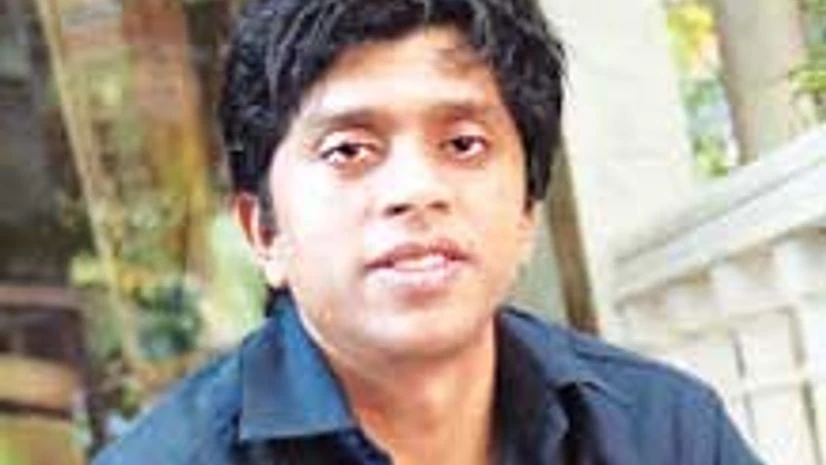The popularity of Facebook, Twitter and sites like Zomato may have overshadowed the country's first consumer review and feedback site, Mouthshut.com, but its CEO and founder, Faisal Farooqui, emerged a victorious man when he stole the limelight for being a defender of free speech this week.
On Tuesday, the Supreme Court of India quashed the controversial Section 66A of the Information Technology (IT) Act, which criminalised anything "causing annoyance or inconvenience" online, citing this as violation of the fundamental right of freedom of expression.
The intermediary guidelines under Section 79 that provide safe harbour to companies that host user-generated content have also been diluted. Now, a court order is mandatory to take down content by an intermediary such as Google or Facebook or Mouthshut.
More From This Section
Soon, though, the website was flooded with legal notices from brands that feared that their businesses were being affected by freewheeling reviews on the portal written by consumers and visible to all.
"Brands would send us notices through lawyers or cyber crime cells to take down content that was unflattering. People sued us for ridiculous amounts. One crazy builder in Pune demanded a compensation of Rs 2,000 crore because allegedly one of his upcoming projects flopped after people posted negative reviews about his existing ventures," says Farooqui.
After the government amended the Information Technology Act in 2008 to introduce new provisions that included Section 66A and the intermediary guidelines under Section 76, the trouble for the company increased.
While the users of Mouthshut.com could be booked under Section 66A supposedly for posting "objectionable content" or causing "annoyance", the website itself was facing heat under the intermediary guidelines, which required web portals to act on content related complaints within 36 hours.
"It was a double-edged sword for us," Farooqui says. Fatigued and frustrated due to mounting legal notices - over 1,000 in all - and administrative costs of dealing with them, he decided to challenge the two sections in the Supreme Court. His petition coincided with that of 24-year-old law student Shreya Singhal, who challenged Section 66A after two girls near Mumbai were arrested for liking a post on Facebook related to late Shiv Sena leader Balasaheb Thackeray.
Tuesday's decision has brought Farooqui a great deal of relief. "Who are you and me to decide what's defamatory? Let the courts decide, even they have a tough time taking a call sometimes," he says.
Now that he has the support of the country's law making bodies, he plans to reach out to venture capital firms for infusion of funds. "Our company has legal clarity now," he says, adding, "It will be good to scale new heights."

)
